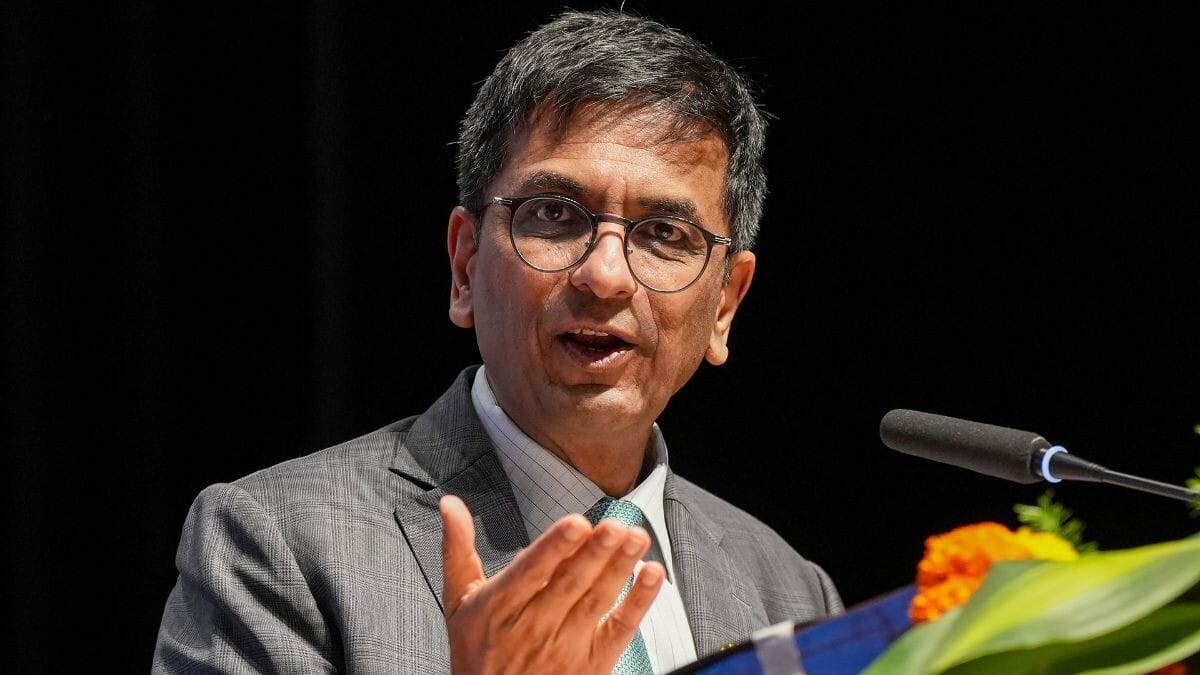
Judicial independence doesn't mean deciding against government: CJI Chandrachud
What's the story
Chief Justice of India DY Chandrachud, who will step down on November 10, has said that judicial independence does not always require ruling against the government.
Speaking at an event in Delhi, he urged citizens to trust judges' decision-making processes.
"When you decide electoral bonds, then you are very independent, but if a verdict goes in favor of the government, then you are not independent... That is not my definition of independence," he said.
Judicial independence
CJI Chandrachud's stance on judicial independence
CJI Chandrachud emphasized a case where he was called "very independent" for ruling against the government.
This was when he struck down the electoral bonds scheme, a contentious political funding method introduced in 2018.
The SC had declared this scheme unconstitutional on February 15, 2024.
He further elaborated that traditionally, judicial independence meant separation from executive power but societal changes and social media have posed new challenges to it.
New challenges
Social media's impact on judicial independence
The CJI noted that interest and pressure groups frequently try to influence court decisions through electronic media.
He cited a common sentiment from these groups: "If you do not decide in my favor, you are not independent," which he objected to.
He emphasized that true independence for judges means deciding on their conscience, led by law and the Constitution.
Trust appeal
CJI Chandrachud's call for trust in judiciary
CJI Chandrachud stressed that people must give judges the freedom to determine where justice lies, whether it is for or against the government.
He ended by saying that a stable and vibrant judiciary needs decisions to be taken according to law.
"The cases which have to go against the government...we decided against the government. But if the law requires a case to be decided in favor of the government, you have to decide in accordance with the law," he said.